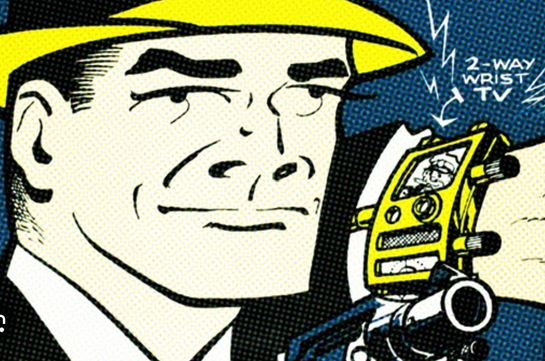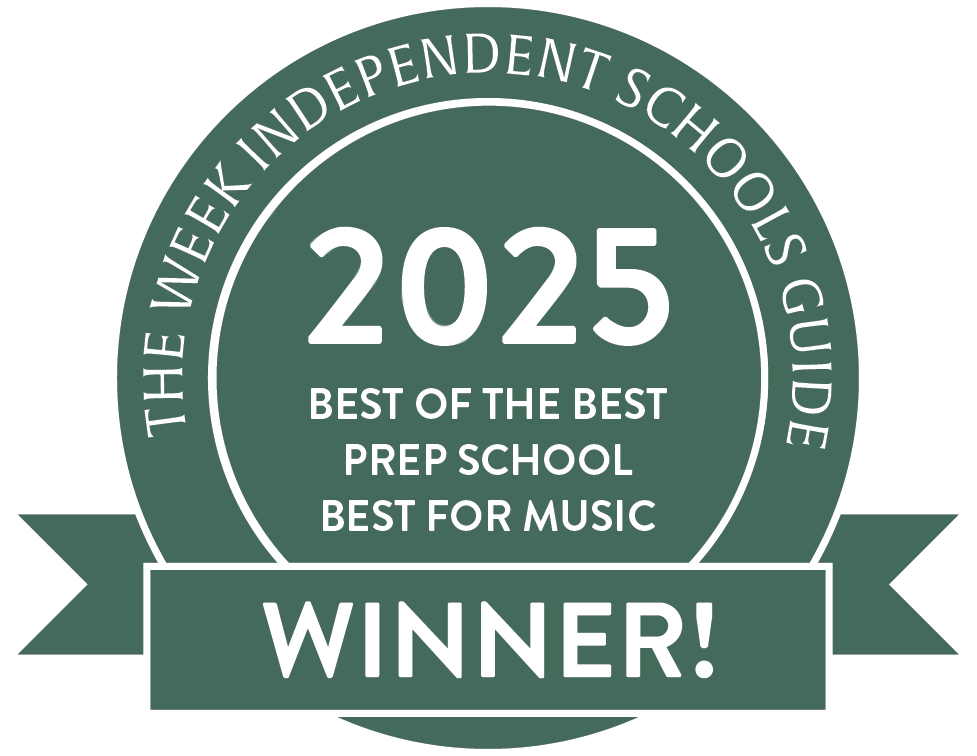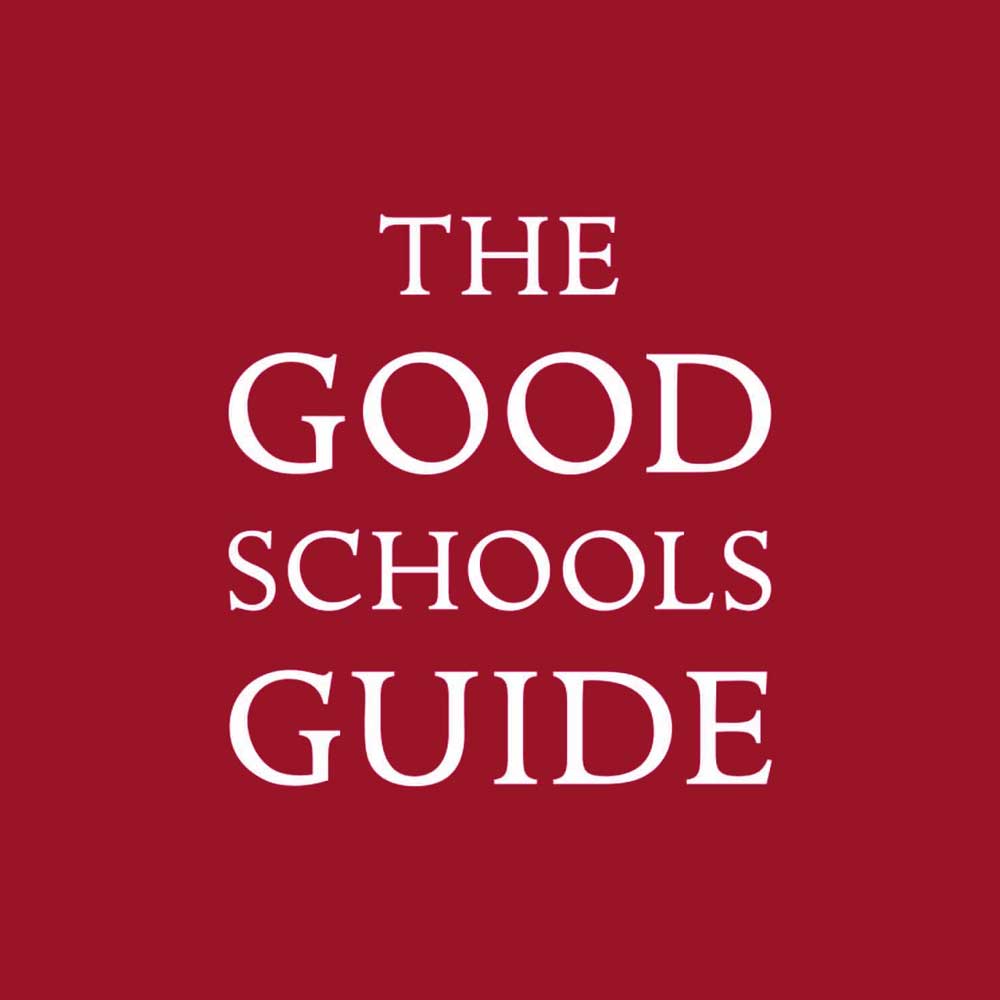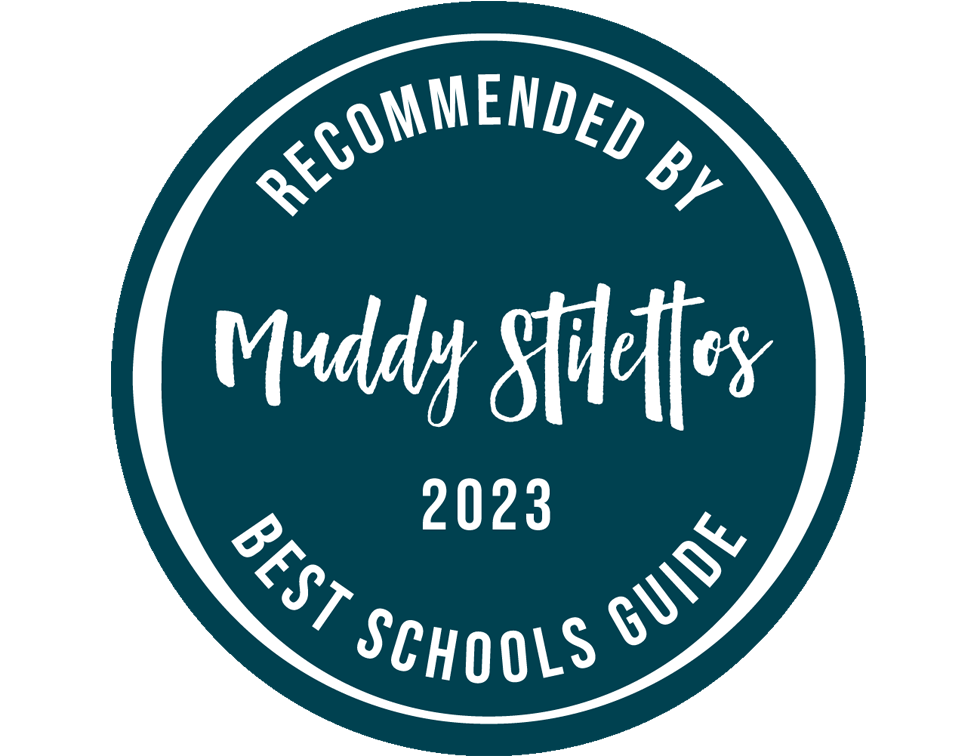The future is now, but who holds the keys?
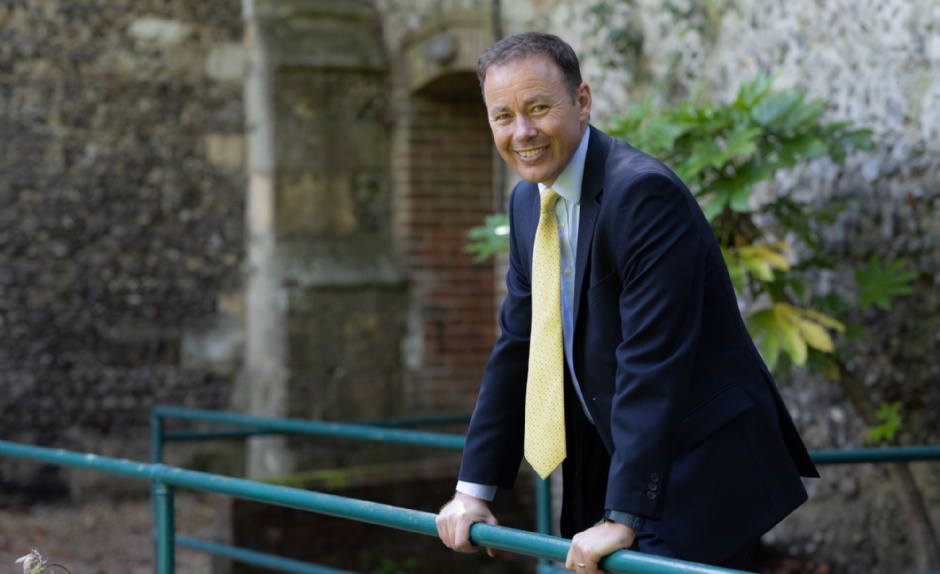
Certain events around the world are throwing this particular question starkly into the foreground.
In a world increasingly driven by technological innovation, our boys stand on the precipice of a future that is both dazzling in its potential and fraught with complex ethical dilemmas. The rapid rise of biotechnology is transforming not only medicine and industry but also our very relationship with the world around us. However, as industries and governments lean into this brave new world, we must ask ourselves a crucial question: who truly holds the power in this future we are building?
Take, for instance, the case of Noland Arbaugh, a recipient of the Neuralink brain implant. A quadriplegic following a swimming accident, Arbaugh now has the extraordinary ability to control a computer with nothing but his thoughts. It sounds like a whimsy from the pages of science fiction, and yet it is a reality - a reality made possible by Neuralink, the biotech company spearheaded by Elon Musk. Now, science fiction becoming reality is nothing new, of course.
Here are just two examples that we mums and dads will connect with, I suspect:
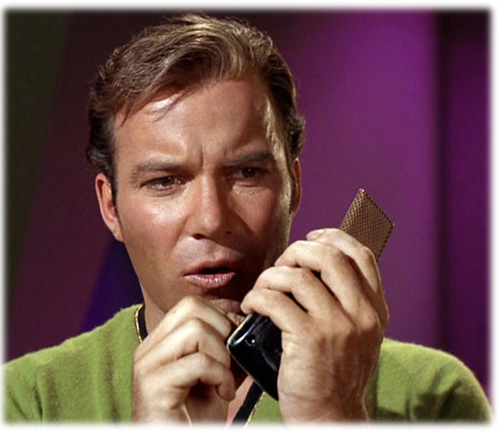
(Captain Kirk’s ‘communicator’, Star Trek TV series, 1966) |
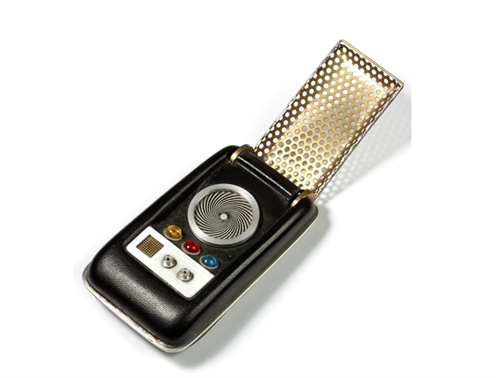 |
|
Like the mobile phone and the smart watch, the Neuralink chip is an incredible breakthrough, but – as biotech – it comes with a significant caveat: Arbaugh’s newfound capabilities exist at the mercy of the company that created the technology, which means his bio(techno)logical function does. If Neuralink were to stop updating its software, withdraw support, or go out of business, what would happen to those like Noland who have come to depend on its technology?
This situation echoes a very different but equally revealing example from the war in Afghanistan that lasted two decades at the start of this century. During the conflict, the Afghan army was equipped with helicopters and other advanced military hardware by the United States. However, these machines relied on software updates that only American engineers could provide. Without these updates, the helicopters were little more than expensive ornaments, useless in the field. When the Americans left, therefore, so did any capacity the Afghan army had to continue dealing with the Taliban. The message is clear: hardware alone is not enough. The ability to operate and maintain it remains with its creators, making its users forever dependent on those who hold the technological keys.
As the race to develop and harness new technologies continues apace, these cautionary tales should give pause. Rushing headlong into innovation to gain a competitive edge - without fully considering the long-term consequences - carries significant risks. To bring a slightly different inflection: the British government’s recent proposal to allow AI companies to scrape artists’ work from the internet unless they explicitly opt out is a stark example of how technology, if not carefully managed, can also erode the very human creativity that it should serve. Artists, musicians, and creators across the country have raised their voices in protest, warning of a future where AI companies profit from their labour without recognition or consent.
The lesson here is not that technology is inherently dangerous, but that its direction and governance matter immensely. The next generation will need more than just the skills to create and interact with advanced technology; they must also develop the wisdom to question its implications. It is not enough to teach the science, the technology, the maths - though these are crucial. We must also nurture critical thinking, ethical reasoning, and an appreciation of human creativity. In these areas, a boy completing his Pilgrims’ journey has had a strong start, and we will be looking to make it even stronger through the course of next year and beyond.
The future has always been about what we can do. Increasingly – and urgently – it’s now about determining what we should do.
Tim Butcher
Headmaster
